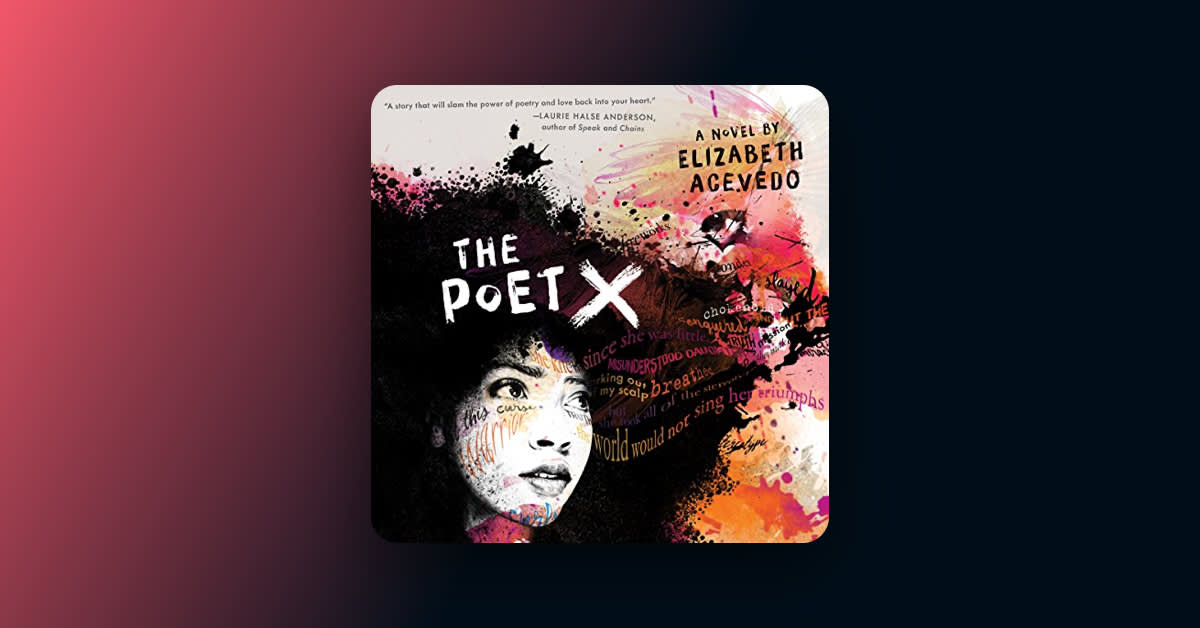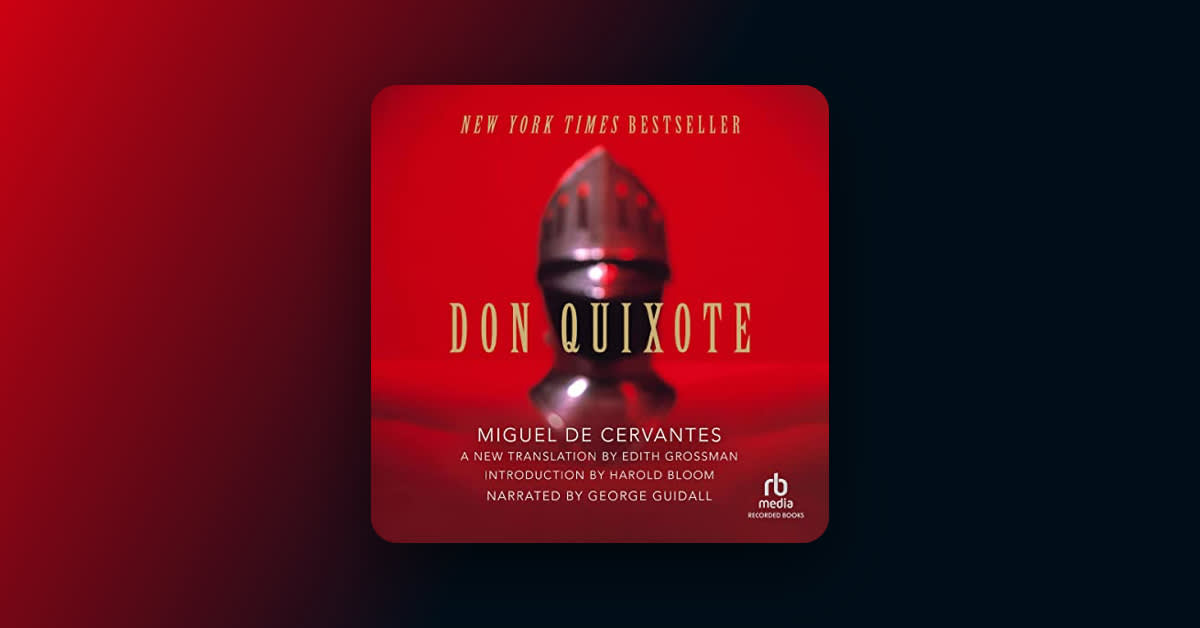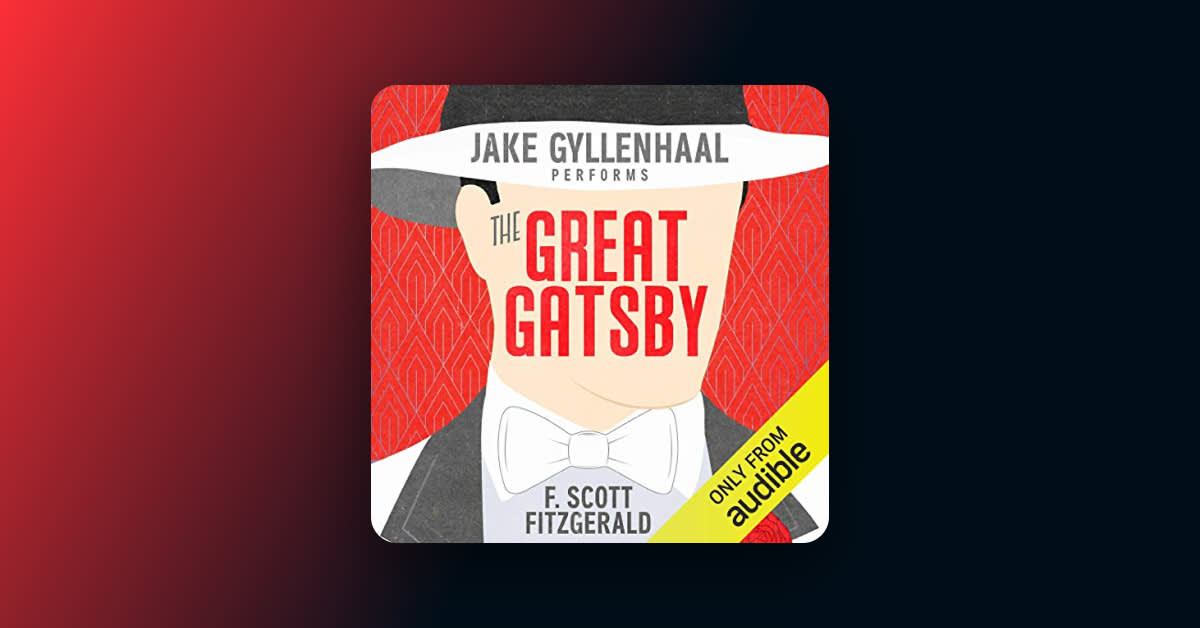Why it's essential
Written in verse and narrated by award-winning slam poet , this is a powerful listen about expression and voice. The rhythmic, relentlessly energetic story unfolds in a hypnotic three-hour experience that is truly unique.
Featured in .
What is The Poet X about?
Xiomara Batista feels silenced, even though she has plenty to say. Growing up with her twin brother, Xavier, in a strict Catholic family, she bristles against the restrictions imposed on her by her mother and writes furiously in her secret journal. When an invitation to an after-school poetry club and a crush on her lab partner put Xiomara in direct opposition of her mother's wishes, Xiomara must find the strength to use her voice to share her truth and her poetry.
Editor's review
In 2018, I was balancing a new job and multiple responsibilities, and my reading life was suffering. I had quite a commute, so I got into audiobooks as a way to sneak some reading into my new busy schedule. Earlier attempts at reading on audio had left me dissatisfied, because I didn't always care for the narration of a particular book or I found it too easy to let my mind wander while listening. Luckily for me, the first audiobook I turned to after I decided to give the format another shot was Elizabeth Acevedo’s then newly released and much buzzed about YA novel, .
This novel-in-verse is narrated by the author, which isn't very common for young adult fiction and so came as a surprise. But after listening to this book just once, I truly believe that no one but the author could narrate this stunning novel, which simmers with truth and energy, and do it justice. Elizabeth Acevedo draws on her own experience growing up as the child of Dominican parents living in Harlem, New York, to create her main character. Xiomara is a force to be reckoned with and too often, seen as difficult, a problem to be fixed or someone to be controlled. Told from a young age "pero, tú no eres fácil," Xiomara has learned to stifle her thoughts, her questions, and in some cases, her creativity in order to satisfy her mother's exacting demands that she be a good Catholic girl.
Of course, keeping quiet and following her mother's rules can only work for so long. Xiomara's world opens up when she is invited to join an after-school poetry club—held at the same time as her religious Confirmation classes, a required extracurricular—and then starts to fall for a classmate that her mother most definitely will not approve of. The tension of her desires and the growing urgency of her poetic voice clash with the rigid expectations that her mother holds her to—expectations that feel unfair, especially compared to the leniency her twin brother is granted as a boy.







